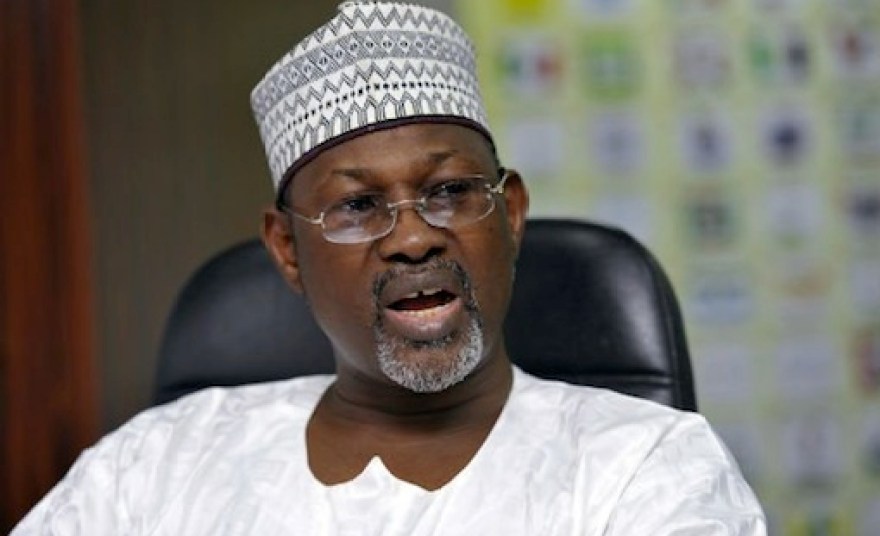The former Chairman of the Independent National Electoral Commission (INEC), Prof Attahiru Jega, has called on Nigerians to put heads together and ensure the country is restructured before the 2027 general elections. He said power devolution to the sub-nationals was critical for the country to develop.
He also pointed out that the presidential system being practiced in Nigeria was defective, in which case the president is too powerful. He however expressed strong opposition to parliamentary system of government, saying restructuring was necessary to have the best of a federal system.
He spoke on Saturday while delivering the convocation lecture at the Bauchi State University, Gadau, on the theme, ‘Safeguarding Nigeria’s future: Prioritising citizen’s welfare and security amidst challenges’.
He stated, “Our leaders in leadership positions, between now and 2027, we need to put our heads together and have a rational, evidence-based process of restructuring the Nigerian federation, and to my mind the major thing we need to do is devolve power and resources from the federal to the state and local governments.
Why Nigeria Recorded Zero Jail Attacks in 2023 – NCoS CG
Fire destroys over 30 shops in Taraba
“Even if all we do is go back to the way power was distributed in the 1963 Constitution, we should do that but I think we should even go beyond that because we need to reduce the power of the Federal Government. In fact, that power of the Federal Government, in which whoever is elected president controls virtually all the resources, beheads the reality.
“There is fear that if more resources go to the states and local governments, given what we see in Nigeria now, many people are afraid that it cannot solve the problems, but my own thinking is that the more power and resources in the state and local governments the less attractive the federal becomes. Then, the more people will concentrate in terms of bringing appropriate reforms and development. It is very important we truly address these issues.”
Jega lamented that the high cost of governance must be addressed to safeguard Nigeria’s future, adding that there was an urgent need to reduce power concentration at the federal level.
He accused the executive arm of government, both at the federal and state levels, of reckless spending and abuse of power, saying Nigeria was heading towards a failed state because the political class had taken power to destroy the institutions rather than build them.
“In addition to that, they have raised the cost of governance in such a way that it is a serious challenge that can put Nigeria in jeopardy,” he added.
Jega emphasised the need for constitutional amendments, particularly on policy decisions to cut the cost of governance.
He added, “I am saying this because it appears there is now a movement of some elite pushing for the return of the parliamentary system. I think it is a terrible thing to happen. You started with parliamentary system, you moved to presidential, you are not doing it well, and you think the solution is to go back to parliamentary system.”
Jega explained that until the culture that caused profligacy in governance was properly addressed, going back to parliamentary system would be disastrous and not solve the problem.
On the issue of parliamentary system of government, Jega said, “The problem is we have a presidential system and it is a coagulated presidential system, one that is not taking the best practices of other presidential system in the world and it is important we pay attention to this.
“I don’t believe Nigeria is a failed state but we must realise that Nigeria is a failing state and if we put it in jeopardy and don’t safeguard it then the worst can happen.”
Jega further suggested that political leaders must find ways of reducing overdependence on revenue from oil through increased agricultural productivity, focus on agro-allied industries and creation of opportunities for the teeming unemployed youth population.
“We should also ensure that we refine the manufacturing sector. No country develops if it cannot consume sufficiently from the home market,” he added. “A situation in Nigeria where virtually everything is imported is a recipe for disaster and can push our country into a situation in which we cannot safeguard.”

 Join Daily Trust WhatsApp Community For Quick Access To News and Happenings Around You.
Join Daily Trust WhatsApp Community For Quick Access To News and Happenings Around You.

